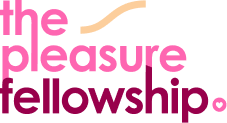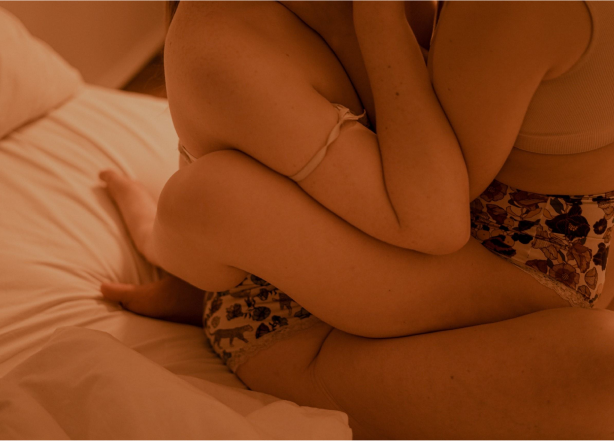Syeda Samara Mortada is a feminist activist based in Bangladesh, and a SRHR expert currently working as the Co-Founder-Coordinator of Bonhishkha, that works towards achieving equality of genders, across the spectrum by removing gender-based stereotypes, and in creating a platform for youth to share their gendered experiences, using arts as the main form to interact.
 Audio-visual stories of pleasure of women in Bangladesh
Audio-visual stories of pleasure of women in Bangladesh 

Syeda Samara Mortada is a feminist activist, currently working as the Coordination and Partnerships Analyst at UN Women Bangladesh. Previously, she was the Partner-Coordinator of Bonhishkha, a feminist organization in Bangladesh, working towards achieving equality of genders, across the spectrum and in creating a platform for youth to share their gendered experiences. Samara is an advocate of equal rights and bodily autonomy. She is a core organizer of the RageAgainstRape movement in Bangladesh, and core member of the coalition called Feminists Across Generations. Samara is an IVLP Fellow, and an Acumen Fellow, 2021.
Samara partnered with two organizations based in Dhaka Bangladesh. One is called Physically-Challenged Development Foundation (PDF) which is an organization run by and for young women with disability. The other is Women with Disabilities Development Foundation (WDDF). She collected written pieces, or audios from them and turned them into audio-visual formats using music and artwork and then shared them across social media on her own page.
She is currently working full time at UN Women in Bangladesh

Samara plans on collecting and animating stories of women in Bangladesh around pleasure.
The goal of the project was to provide a safe space for young women with disability in Bangladesh to talk about what pleasure means to them, and to be heard without being judged, and make them feel listened to, supported and connected with one another. The A/Vs that she developed were a creative way of telling stories of young women with disability and how they perceived sexuality using song, poetry, and others.
The fellowship helped me with the language, tools and processes to develop narratives-untold stories that I have always wanted to portray.